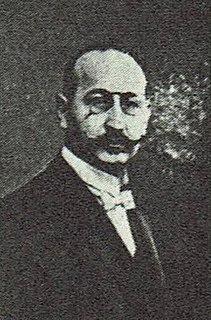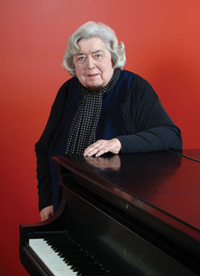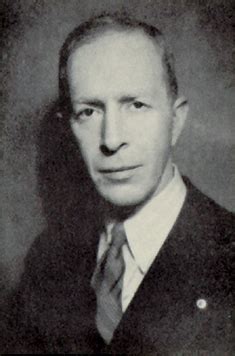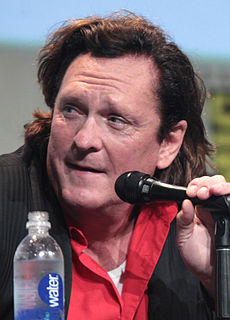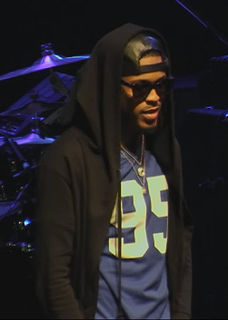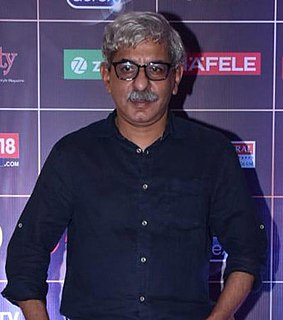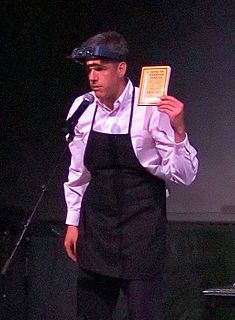A Quote by Paul Hirsch
I have always had a certain rhythmic approach to my work.
Related Quotes
What the founders of modern science ... had to do, was not criticize and to combat certain faulty theories, and to correct or to replace them by better ones. They had to do something quite different. They had to destroy one world and replace it by another. They had to reshape the framework of our intellect itself, to restate and to reform its concepts, to evolve a new approach to Being, a new concept of knowledge, and a new concept of science - and even to replace a pretty natural approach, that of common sense, by another which is not natural at all.
What people don't always understand is that I established a certain lifestyle for my family back in the days of 'Species' and 'Mulholland Falls' and 'The Getaway.' I wasn't about to move my six kids into a trailer park. So when people offered me work, it wasn't always the best, but I had to buy groceries, and I had to put gas in the car.
